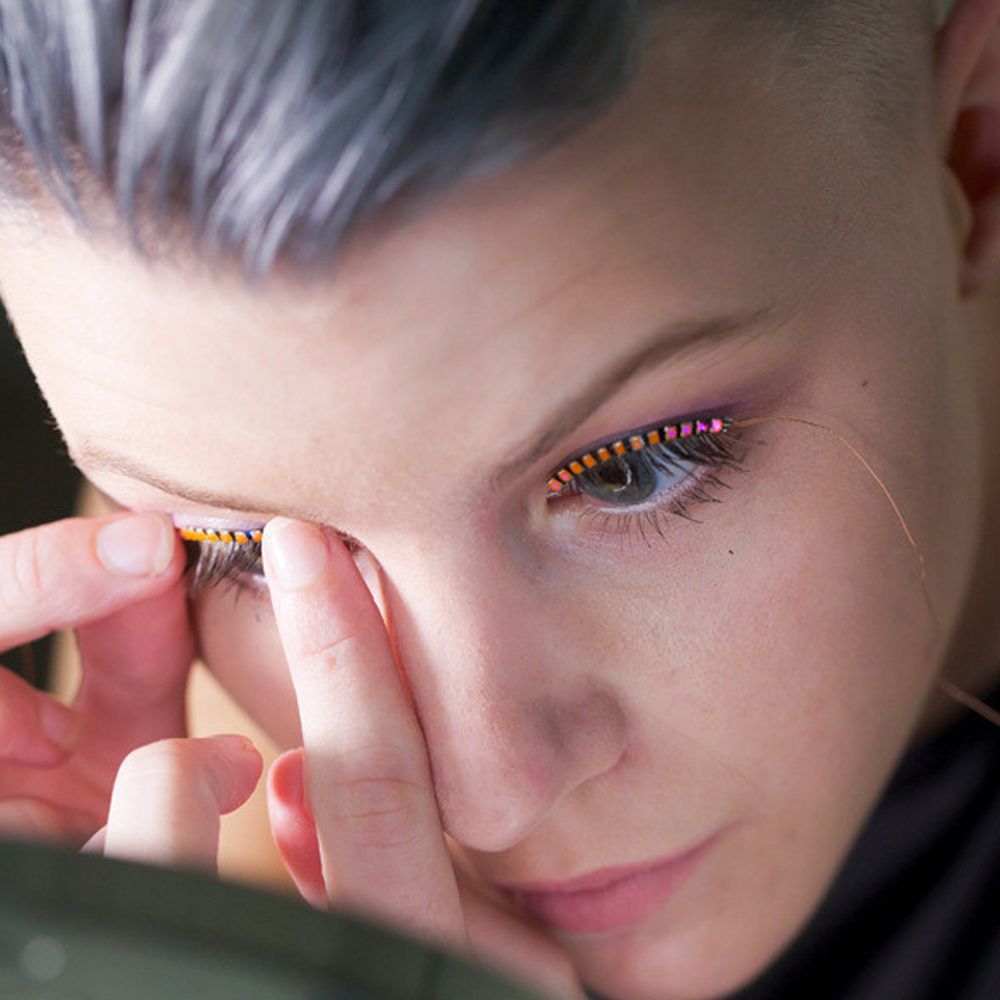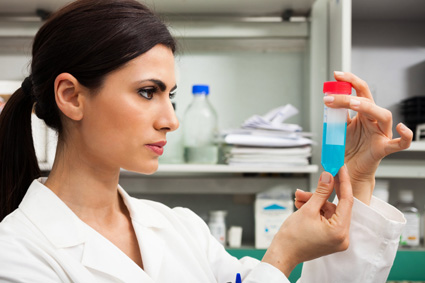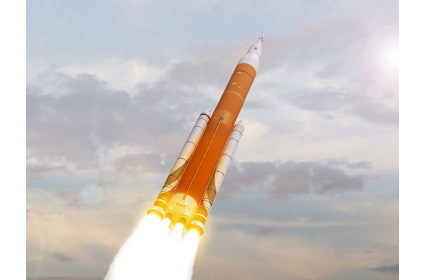Watch out for eye damage with those LED eyelashes you’re wearing to the club, doctor warns
BY VICTORIA HO From mashable Perhaps you should think twice before jumping on the LED eyelash bandwagon, an ophthalmologist is warning.The latest clubbing fad has people affixing LED strips above their eyes. Powered by a small battery tucked into the…
16 Aug Weather in Cayman & Tropical Report, 1 H/cane & 3 Dist Atlantic
Aug 16 Wednesday 2017 Tropical Report Tropical Weather Outlook NWS National Hurricane Center Miami FL 800 AM EDT Wed Aug 16 2017 For the North Atlantic…Caribbean Sea and the Gulf of Mexico: The National Hurricane Center is issuing advisories on…
What does “Climate-Smart Agriculture” really mean? New tool breaks it down
By Desmond Brown IPS From Caribbean News Service PORT OF SPAIN, Trinidad, Aug 15 2017 (IPS) – A Trinidadian scientist has developed a mechanism for determining the degree of climate-smart agriculture (CSA) compliance with respect to projects, processes and products….
The hidden stories of medical experimentation on Caribbean slave plantations
From LONDA SCHIEBINGER, STANFORD UNIVERSITY, The Conversation August 14, 2017 From The San Francisco Chronicle (The Conversation is an independent and nonprofit source of news, analysis and commentary from academic experts.) Londa Schiebinger, Stanford University (THE CONVERSATION) In the natural…
Gadget of the week
GSK will use supercomputers to develop new drugs By Daniel Cooper From engadget It has signed a $43 million deal with a deep learning company called Exscientia. Developing a new drug is a long, complicated and expensive process that takes…
Childhood exercise may protect against memory loss in old age
By Andy Coghlan From new Scientist Can exercise during childhood protect you against memory loss many decades later? Exercise early in life seems to have lifelong benefits for the brain, in rats at least. “This is an animal study, but…
Qualcomm’s new depth-sensing camera is surprisingly effective
By Cherlynn Low From engadget The IR-based system could be the next dual camera. Dual cameras are so passé. Qualcomm is getting ready to define the next generation of cameras for the Android ecosystem. It’s adding three new camera modules…
Tracking a solar eruption through the solar system
Ten spacecraft, from ESA’s Venus Express to NASA’s Voyager-2, felt the effect of a solar eruption as it washed through the Solar System while three other satellites watched, providing a unique perspective on this space weather event. Scientists working on…
Unmanned SLS launch
NASA study finds first SLS launch should be unmanned for safety By Rob LeFebvre From engadget The cost of adding astronauts to a maiden voyage is prohibitive. It’s an exciting time for spaceflight, for sure. Both NASA and SpaceX have…
Everything you must know about Bitcoin Cloud Mining and Bitcoin Mining Pools
From WN What is Cloud Mining? In the case of cloud mining of bitcoins , ethereum , Litecoins and many other cryptocurrnecys – is simplified considerably. Cloud Mining vendors provide computing power for a one-time fee, so you can easily…










